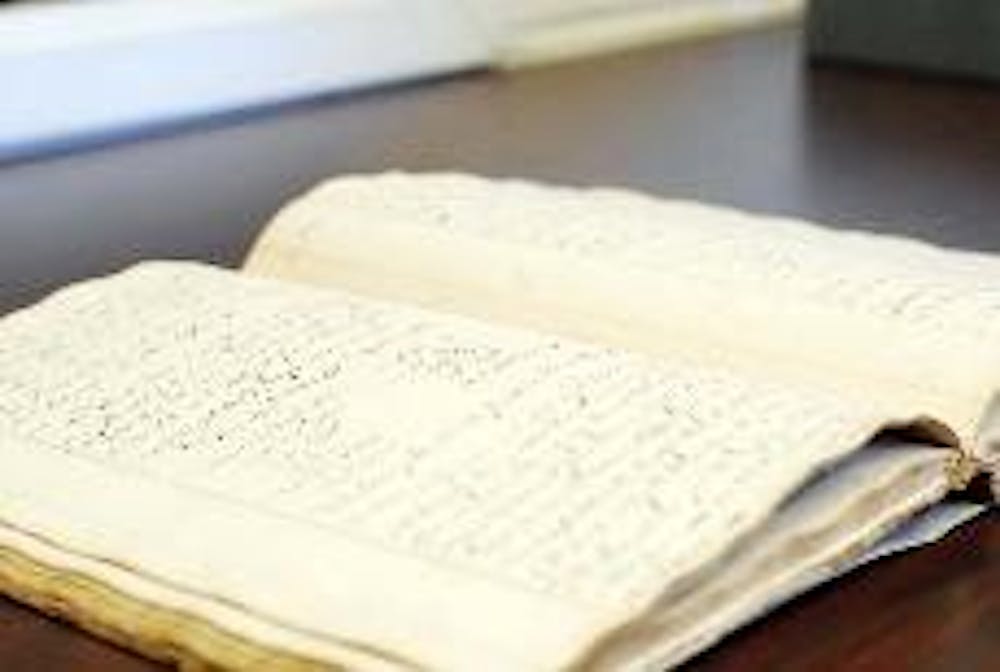Brown University's revelation that the school was once tied to slavery has roiled the university community, but Penn history buffs say the University has no such skeletons in its closet.
Among findings of a Brown committee on the issue, whose report was released last month, is that the Brown family -- for whom the university is named - were slave owners, and that slave labor was used in constructing a university building.
Not surprisingly, the report's findings and recommendations have spurred debate through the Ivy League, in some cases prompting further re-examination of individual universities' histories.
In recent weeks, Yale and Harvard universities' colonial connections to the slave trade have also received attention. Stained glass windows at Yale, for example, depict slaves working in cotton fields.
Penn's history, however, was unmarred by slavery, unlike some of its Ivy League peers, according to University Archivist Mark Lloyd.
"Our 18th century trustees are not known to have profited from the slave trade," Lloyd said, adding that Pennsylvania history puts Penn in a different situation from some of its peers.
"I'm confident that Pennsylvania was very different from nearby colonies because of the Quaker tradition," Lloyd said.
"This is an important issue that fortunately Penn is on the right side of," he added.
Steven Hahn, a Penn History professor who specializes in slavery, said that it is important not to assume that because a company or institution was located in the northern states, it had no ties to slavery. However, he did say he wasn't aware of Penn's specific ties to slavery.
"Slavery touched everybody in one way or another," Hahn added.
He also disputed Lloyd's statement that Pennsylvania has fewer historic ties to slavery than other northern states.
According to Hahn, Pennsylvania was an important port, and the city of Philadelphia was "deeply embroiled" in the slave trade in the 18th century.
Slavery was legal in Pennsylvania until 1780, forty years after Penn was founded.
Hahn said he believes that Brown's decision to issue a report at this time had to do with the growing reparations movement, which advocates that descendents of slaves be compensated by the federal government.
"There [are] questions about whether society has some responsibility to make some kind of amends," Hahn said.
He added that Brown's decision to investigate its historic role in slavery was a good one.
"There is a growing awareness that slavery, rather than being a sectional or southern issue, is a national one," Hahn said, adding that his students are often shocked to learn how important slavery was to the economy of northern states.
Though administrators say Penn had no direct ties to slavery, the University remains interested in educating its students about its legacy.
"We . want to work in a way that helps live down the remaining vestiges of that history, which was a terrible history," said Penn President Amy Gutmann.



